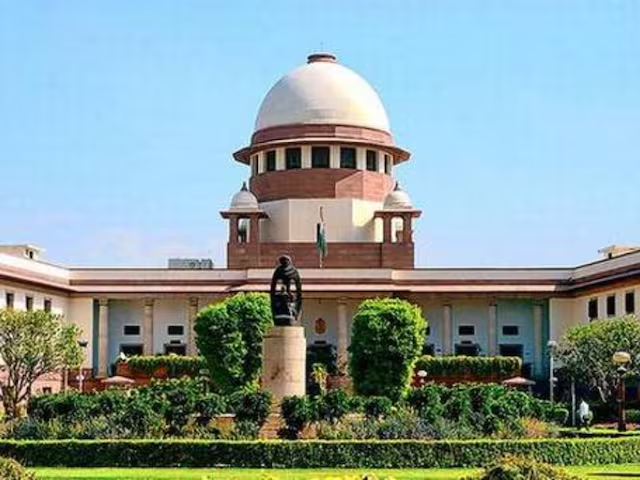The Supreme Court of India has reserved its verdict regarding pleas challenging the Allahabad High Court’s ruling, which deemed the 2004 Uttar Pradesh law concerning madrasas unconstitutional. The High Court’s decision was based on the assertion that the law violated the principle of secularism.
Judicial Proceedings
A bench led by Chief Justice of India (CJI) D.Y. Chandrachud, along with Justices J.B. Pardiwala and Manoj Misra, conducted hearings for nearly two days, engaging with a range of lawyers representing eight petitioners. Additional Solicitor General K.M. Natraj represented the Uttar Pradesh government during the proceedings.
The hearings commenced with arguments from senior advocates including Abhishek Manu Singhvi, Salman Khurshid, and Menaka Guruswamy on behalf of the petitioners. The court also heard from prominent lawyers like Mukul Rohatgi, P. Chidambaram, and Guru Krishna Kumar representing various litigants.
Allahabad High Court Ruling
On March 22, the Allahabad High Court declared the Uttar Pradesh Board of Madarsa Education Act, 2004, as unconstitutional. The ruling mandated the state government to integrate madrasa students into the formal schooling system. In response to concerns regarding the impact of this ruling on the educational futures of madrasa students, the Supreme Court stayed the High Court’s verdict on April 5, providing temporary relief to approximately 1.7 million madrasa students.
Next Steps
The Supreme Court’s bench will now deliberate on the arguments presented and issue its judgment on the matter. The lead petition challenging the High Court’s verdict was filed by Anjum Kadari.











